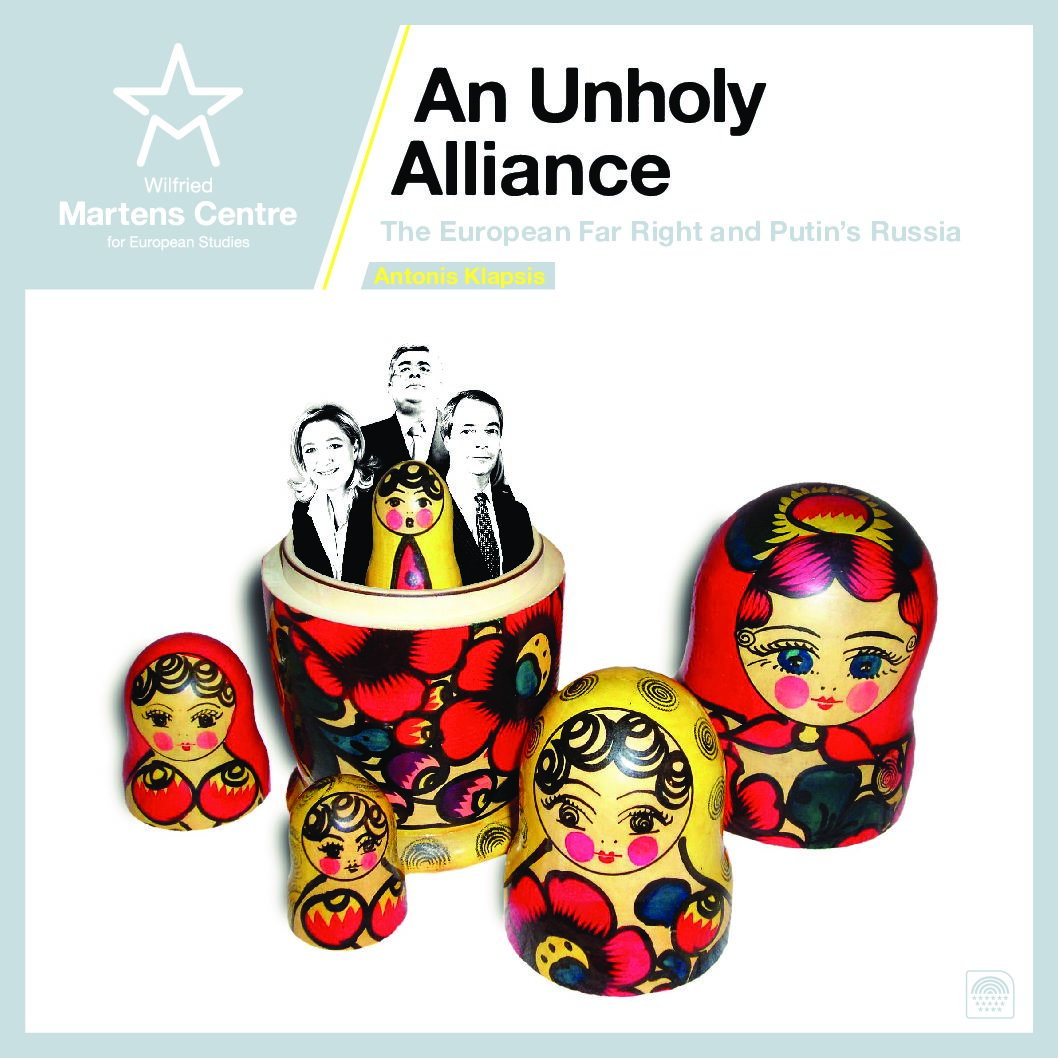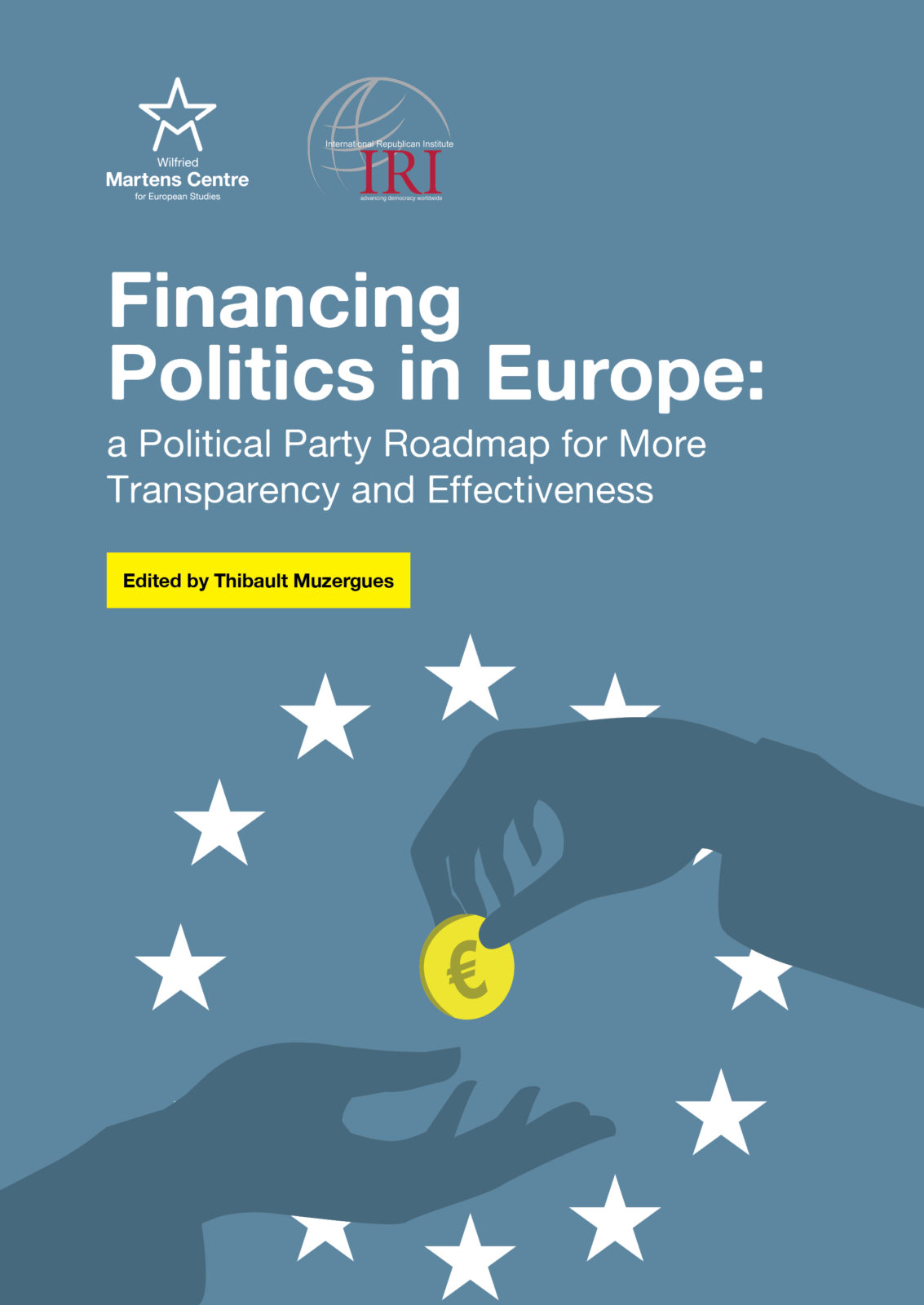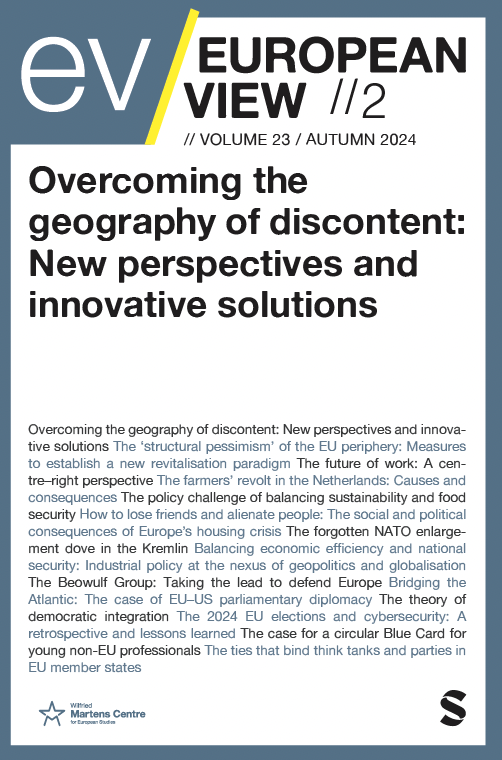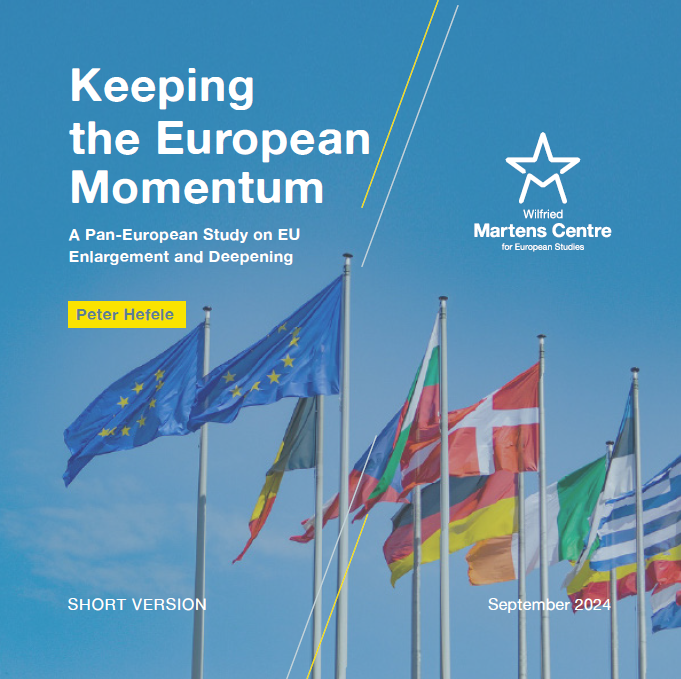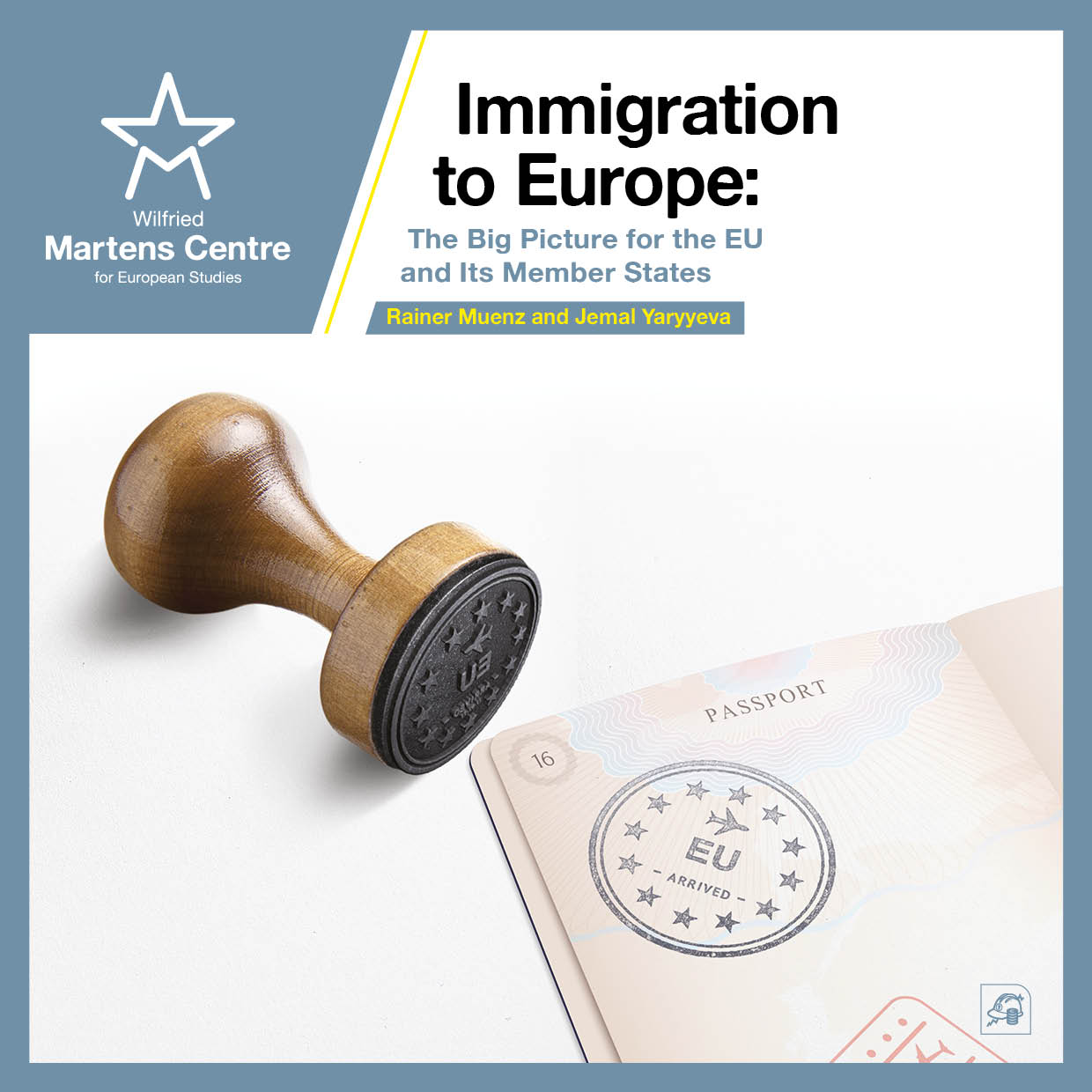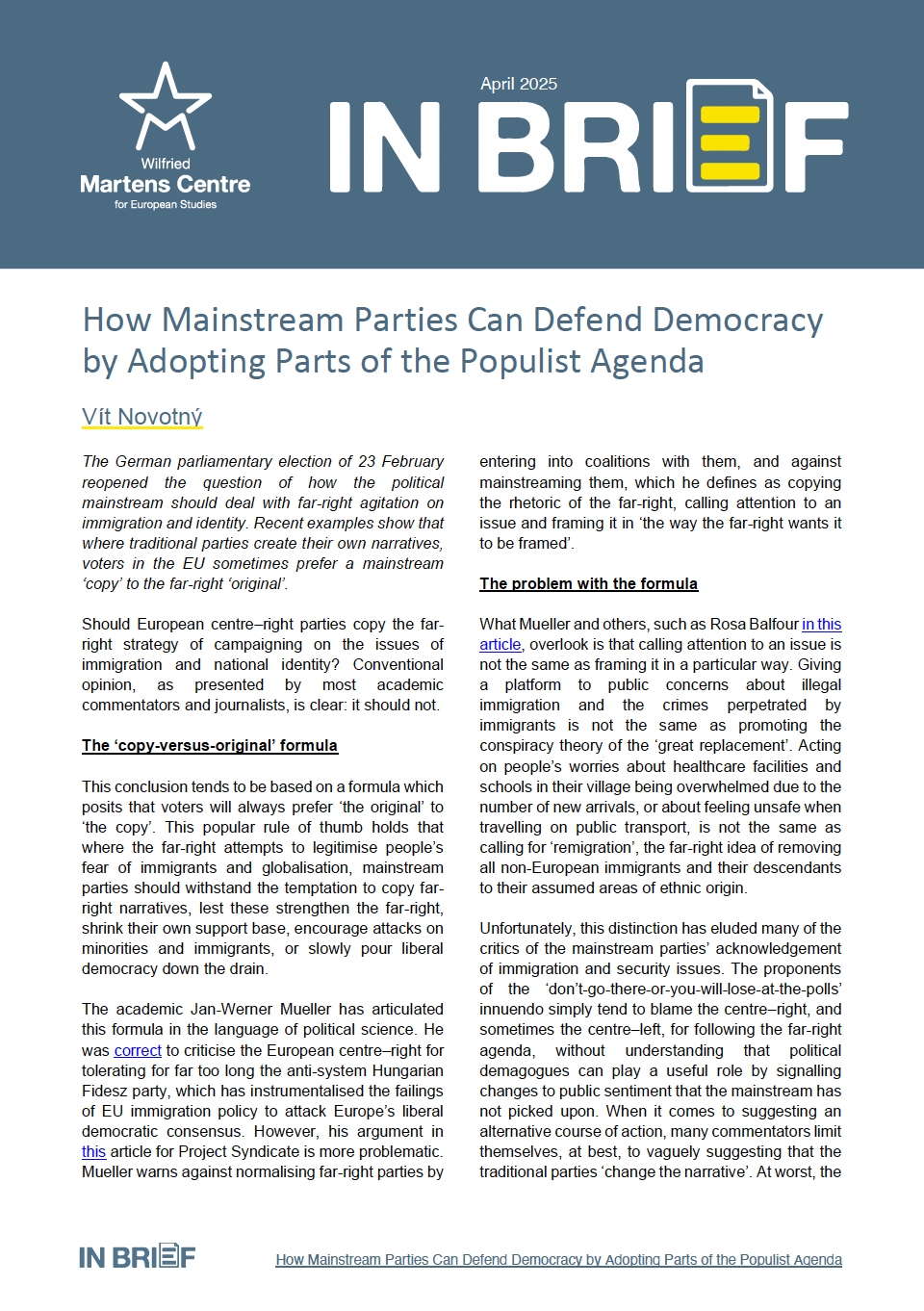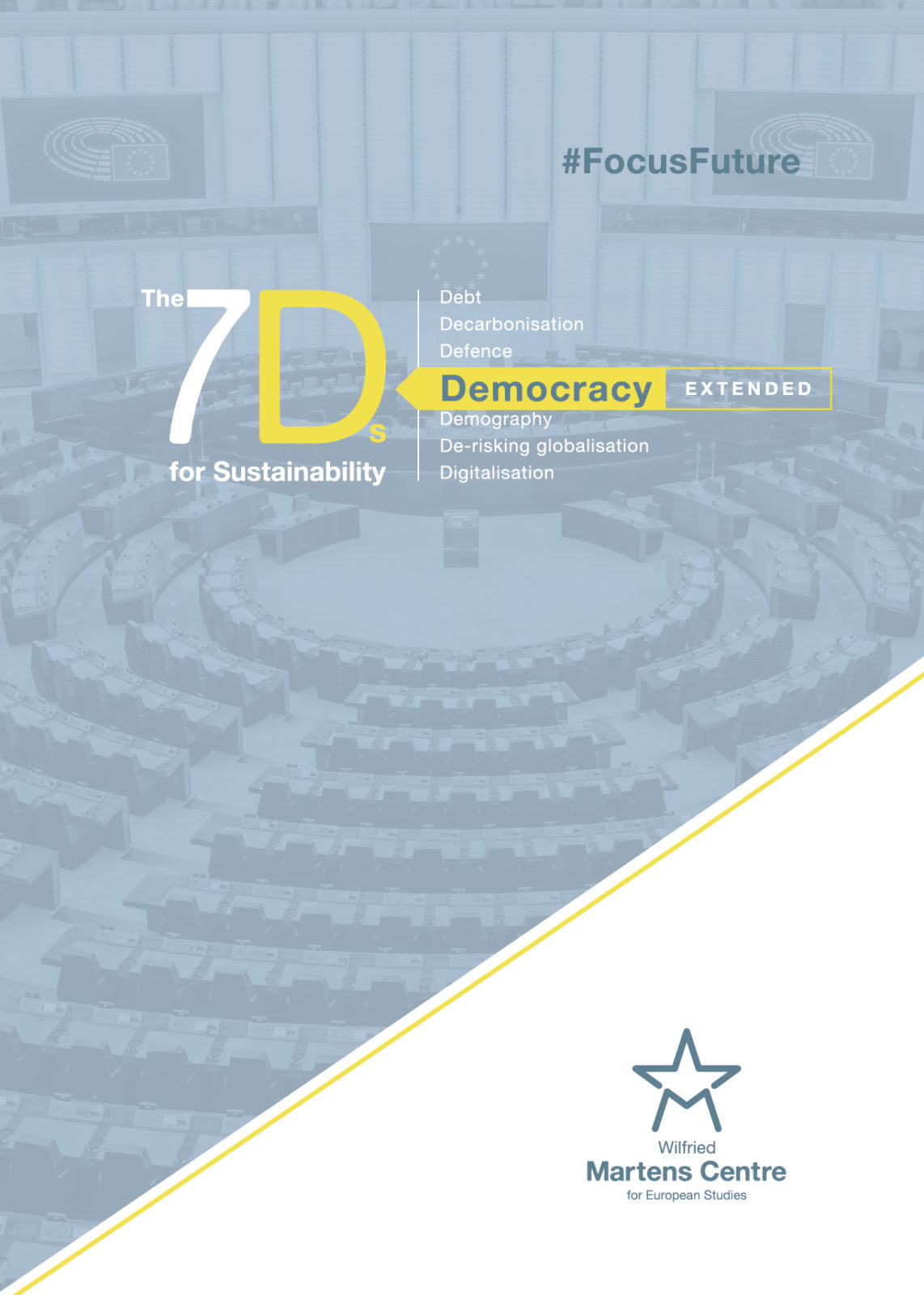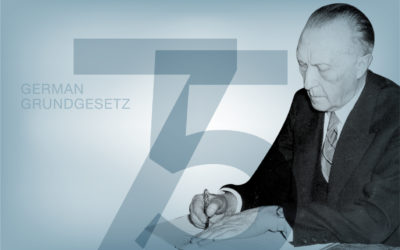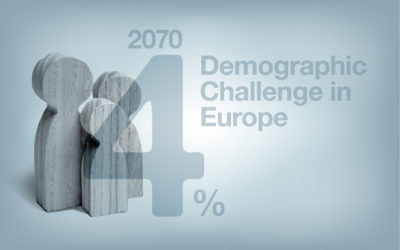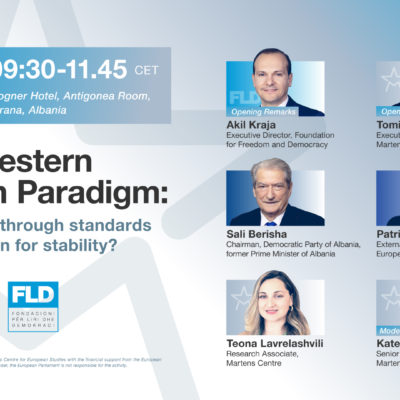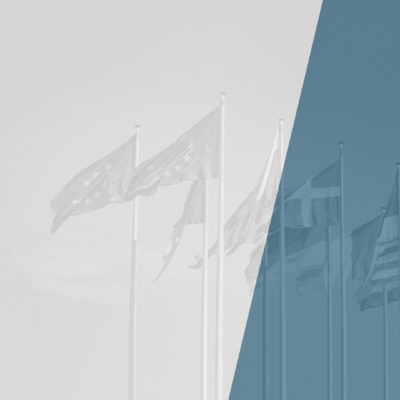An Unholy Alliance: The European Far Right and Putin’s Russia
27 May 2015
The paper examines the connections between Russia and far-right political parties in Europe. It argues that these close relationships are based both on ideology and strategy. The European far right sees in Russian President Vladimir Putin the model of a strong, conservative leader who defends traditional values and opposes the decadent West. Since most far-right parties are at the same time against European integration and anti-American, they also see a close relationship with Russia as a necessary foothold in order to achieve the gradual disassociation of their countries from Euro-Atlantic institutions. The Kremlin, for its part, views these parties as possibly being useful for the achievement of its own objectives.
Thus, it is interested in gathering them under its wing. In this context, in recent years far-right political parties all over Europe have established cordial relations with Moscow. Far-right leaders pay regular visits to Russia, have meetings with Russian officials and often appear on state-owned Russian media. The fact that they are discussants with the Kremlin boosts their credibility at home and improves their image. At the same time, they are often invited to monitor electoral procedures in disputed territories, thus offering some sort of credibility and international recognition for the results of ballots. The secessionist referendum which was held in Crimea in March 2014 is the latest example of this trend.
More generally, the conflict between Russia and Ukraine has offered a great opportunity for the expression of the pro-Russian sentiments of most European far-right political parties. These organisations see Putin’s policy as tangible proof of his resolve to impose his will on his opponents and to mark the reemergence of Russian power at the international level. From the Kremlin’s point of view, these parties can also help Moscow to expand its geopolitical influence. Even if Putin does not manage to see parties with pro-Russian leanings forming governments, he can still hope that their growing influence will exert considerable pressure on EU governments, especially as far as relations with Russia are concerned.
ENJOYING THIS CONTENT?


